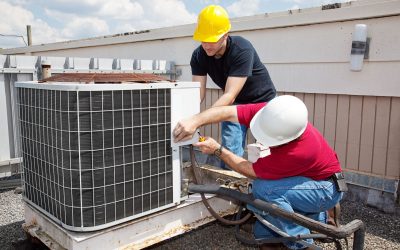Other than the home itself, a residential HVAC unit is one of the biggest investments most homeowners will ever make. As such, it pays to make the system last as long as possible. With the right care, a homeowner can make a unit last up to 20 years in some cases. Follow these tips to get more life out of a residential air conditioning unit.
Start With Quality
If a customer begins with a high-quality, top-performing HVAC unit, it will usually last longer than a lower-tier unit. The parts in these machines are made to stand up to the wear and tear of constant use, and most units have extended warranties that attest to their greater longevity. Conversely, a poor-quality unit’s parts will wear faster. By buying a better quality Heating And Cooling Unit, the homeowner can make it last longer.
Schedule Regular Inspections
Like automobiles, home Heating and Cooling units benefit from preventive maintenance. Before the heating and cooling seasons start, call a local repair company to schedule a full inspection. These service calls are relatively low-cost, especially when considering the expense of an emergency repair. Avoid the hassle and discomfort of an excessively hot or cold home, and see the benefits in many ways.
Change Air Filters Frequently
The air filter is an oft-neglected, but very important, part of the HVAC system. They should be changed at least every three months and more often if the area is dusty or if there are pets in the home. The air filter is the AC unit’s first and most important defense against damage, as it filters particles to keep them from clogging the unit. With frequent filter changes, the unit’s life can be extended.
Clean the Air Vents
Air vents naturally get dusty. However, if they get clogged, the unit must work harder to circulate air throughout the home. Frequent cleaning will make the vents work properly while promoting better indoor air quality.
Hire a Professional for In-Depth Cleaning
The unit itself should be cleaned on a regular basis. A compressor can pick up particles from the air and, once these materials are in the system, they can be difficult to remove. Without frequent cleanings, the unit could suffer from restricted airflow and eventual damage. An HVAC technician with Refrigeration, Heating and Cooling can help homeowners find a cleaning schedule that works for their heating and cooling unit and the family’s budget.


